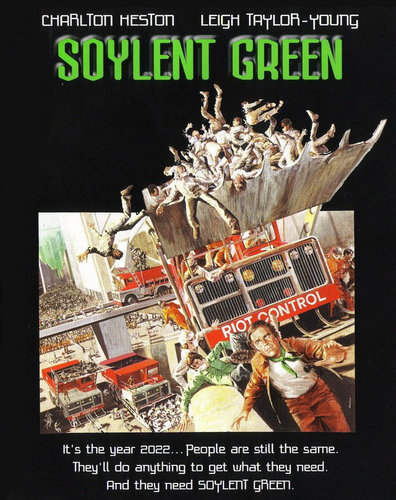beginnerhunter
Well-known member
- Joined
- Feb 15, 2016
- Messages
- 1,320
https://nypost.com/2019/01/09/how-a-veggie-burger-stole-the-show-at-ces-2019/
“This is the plant-based ‘meat’ that will eliminate the need for animals in the food chain and make the global food system sustainable,”
Obviously none of us quit hunting when we found out you could get meat from the store. But one of the moral justifications for hunting is that non-hunting meat eaters have "blood on their hands" same as us. They just don't see it happen. If fake-meat meat becomes economically competitive with regular meat, fake-meat eaters will be able to claim a moral high ground they don't have now. And while you may think humanity will never be able to create indistinguishable fake-meat, examine the small computer in your hand and rethink what is possible.
So if market forces eliminate the need for livestock and animal farming, will cultures still tolerate hunting as a tradition?
“This is the plant-based ‘meat’ that will eliminate the need for animals in the food chain and make the global food system sustainable,”
Obviously none of us quit hunting when we found out you could get meat from the store. But one of the moral justifications for hunting is that non-hunting meat eaters have "blood on their hands" same as us. They just don't see it happen. If fake-meat meat becomes economically competitive with regular meat, fake-meat eaters will be able to claim a moral high ground they don't have now. And while you may think humanity will never be able to create indistinguishable fake-meat, examine the small computer in your hand and rethink what is possible.
So if market forces eliminate the need for livestock and animal farming, will cultures still tolerate hunting as a tradition?





